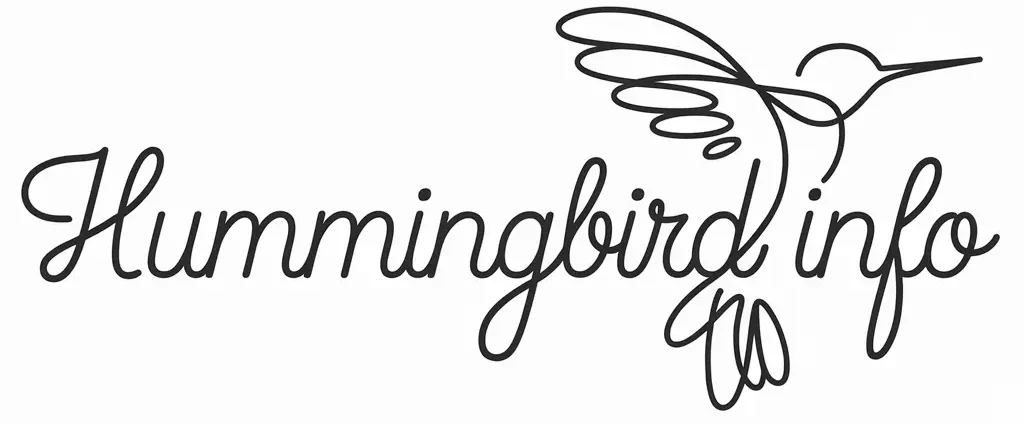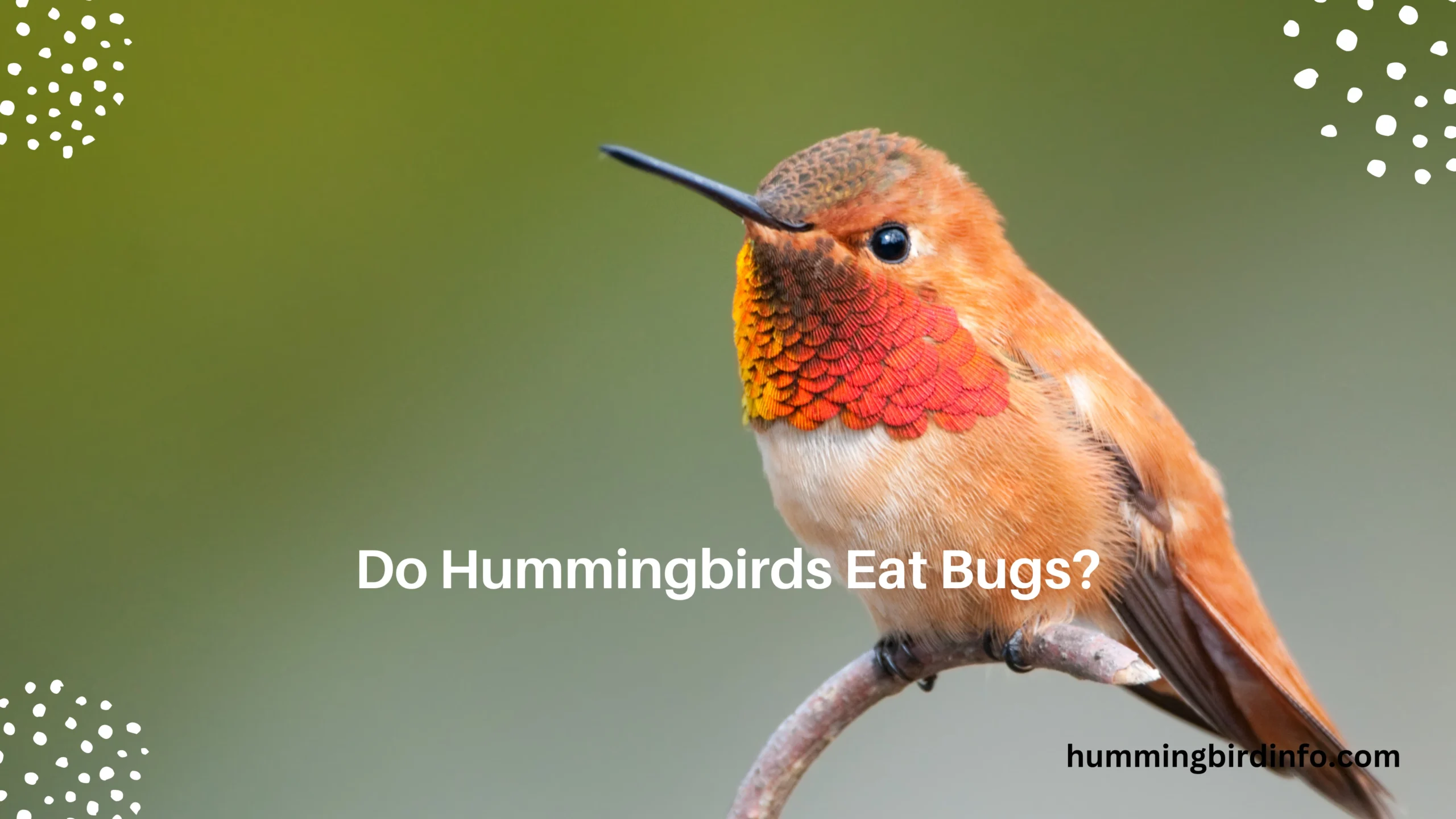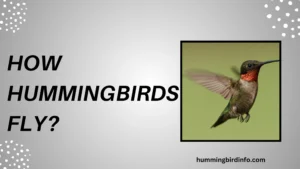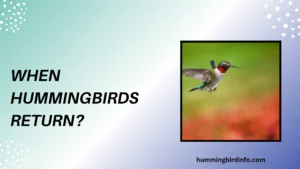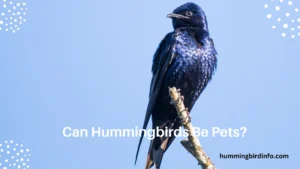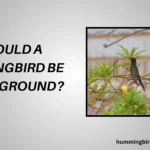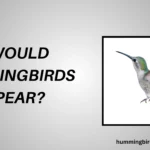We often admire hummingbirds for their glittering feathers, lightning-fast wings, and their love for sweet nectar. But while they sip from flowers and feeders, there’s something else happening — something many don’t see.
Beneath that delicate appearance lies a serious predator with a secret love for bugs.
It’s true — hummingbirds eat insects. In fact, bugs are vital to their health, offering nutrients nectar simply can’t. These tiny birds need protein, fat, and micronutrients, especially when they’re nesting, breeding, or making their epic migratory journeys. Insects aren’t just snacks; they’re survival fuel.
In this blog, we’ll explore the hidden insectivore side of hummingbirds: why they need bugs, what kinds they eat, how they catch them, and why this matters — not just for the birds, but for the ecosystem as a whole.
Prepare to see hummingbirds in a whole new way.
Contents
- 0.1 1. Why Hummingbirds Eat Insects
- 0.2 2. What Kind of Bugs Do Hummingbirds Eat?
- 0.3 3. How Hummingbirds Catch Insects
- 0.4 4. The Importance of Insects in the Hummingbird Diet
- 0.5 5. Hummingbirds and Their Role in the Ecosystem
- 1 Conclusion
- 2 FAQs
- 3 1. Do hummingbirds eat mosquitoes?
- 4 2. Do baby hummingbirds eat insects too?
- 5 3. How many insects do hummingbirds eat per day?
- 6 4. Can hummingbirds survive on just nectar?
- 7 5. Are spiders safe for hummingbirds to eat?
- 8 6. When do hummingbirds eat the most insects?
1. Why Hummingbirds Eat Insects
Hummingbirds have one of the highest metabolic rates in the animal kingdom. Their wings beat up to 80 times per second, demanding near-constant energy and nourishment.
While nectar fuels their energy, it lacks the proteins and fats needed for growth, reproduction, and tissue repair. That’s where insects come in — they provide the building blocks of life.
Young birds, in particular, depend on an insect-rich diet. During nesting, mothers feed hatchlings soft-bodied bugs for healthy development. Migrating birds also load up on protein to survive long flights.
2. What Kind of Bugs Do Hummingbirds Eat?
Despite their small size, hummingbirds are surprisingly diverse eaters. They chase after bugs they can handle — small, soft-bodied, and easy to digest.
Some favorites include fruit flies, mosquitoes, aphids, gnats, ants, tiny spiders, and caterpillars. Even bug larvae are fair game if they’re small enough.
Bug types vary depending on the region, season, and habitat. Hummingbirds adapt their diet based on what’s available, making them flexible feeders in changing ecosystems.
3. How Hummingbirds Catch Insects
Hummingbirds are like tiny fighter jets in the air — quick, precise, and focused. They use several clever methods to hunt down bugs.
They may hawk insects mid-flight, glean them from leaves, or pluck them from flower petals while feeding. Some even snatch bugs straight from spiderwebs.
Their tongues aren’t just for sipping nectar — they’re agile and sticky, able to trap small prey during rapid movements. Their aerial agility gives them an edge most birds envy.
4. The Importance of Insects in the Hummingbird Diet
Bugs aren’t just side dishes — they’re the protein shake in a nectar-based world. They provide fat reserves, especially during cold nights or long migrations.
Without enough bugs, breeding success drops. Nestlings may fail to develop properly, and adults may struggle to survive in harsh conditions.
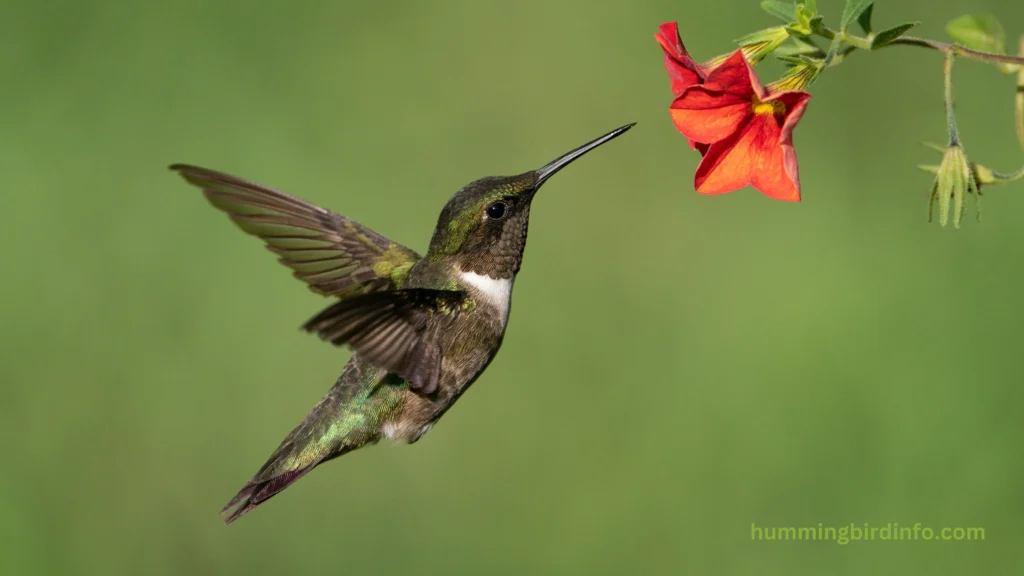
Insect decline due to pesticides and habitat loss affects more than just bees. A lack of insects could endanger hummingbirds and the broader food web they support.
5. Hummingbirds and Their Role in the Ecosystem
Hummingbirds are not just nectar pollinators — they’re also natural pest controllers. By eating bugs, they help balance insect populations around plants and flowers.
Their presence helps reduce numbers of plant-eating pests, offering a form of natural, eco-friendly pest management. They’re tiny birds with huge ecological impact.
Their varied diet also helps support biodiversity, showing us how one species can quietly connect two worlds — flower and insect — with every beat of its wings.
Conclusion
We often think of hummingbirds as nectar-only feeders, but that’s just one part of their story. Insects play a critical role in their survival, helping with growth, health, reproduction, and migration.
From flies to spiders, hummingbirds hunt bugs with amazing speed and precision. These nutrients help keep them strong, resilient, and active in the skies we love watching them soar through.
To support them, we need to protect insect-rich habitats, avoid harmful pesticides, and plant native flowers that draw both bugs and birds. The more we understand, the better we can coexist and conserve these brilliant creatures.
FAQs
1. Do hummingbirds eat mosquitoes?
Yes, hummingbirds eat mosquitoes, especially small ones. They snatch them from the air or near water where mosquitoes hover.
2. Do baby hummingbirds eat insects too?
Absolutely. Mother hummingbirds feed nestlings insects for protein, which is vital for their rapid growth and development.
3. How many insects do hummingbirds eat per day?
It varies, but some species may consume hundreds of tiny insects daily, especially when rearing young or preparing for migration.
4. Can hummingbirds survive on just nectar?
No. While nectar provides energy, it lacks essential nutrients. Hummingbirds need insects for survival and reproduction.
5. Are spiders safe for hummingbirds to eat?
Yes, but only small spiders. Hummingbirds may pluck spiders from webs or surfaces, but avoid larger, dangerous species.
6. When do hummingbirds eat the most insects?
Hummingbirds eat more bugs during nesting season and migration, when they need extra protein and fat reserves.
